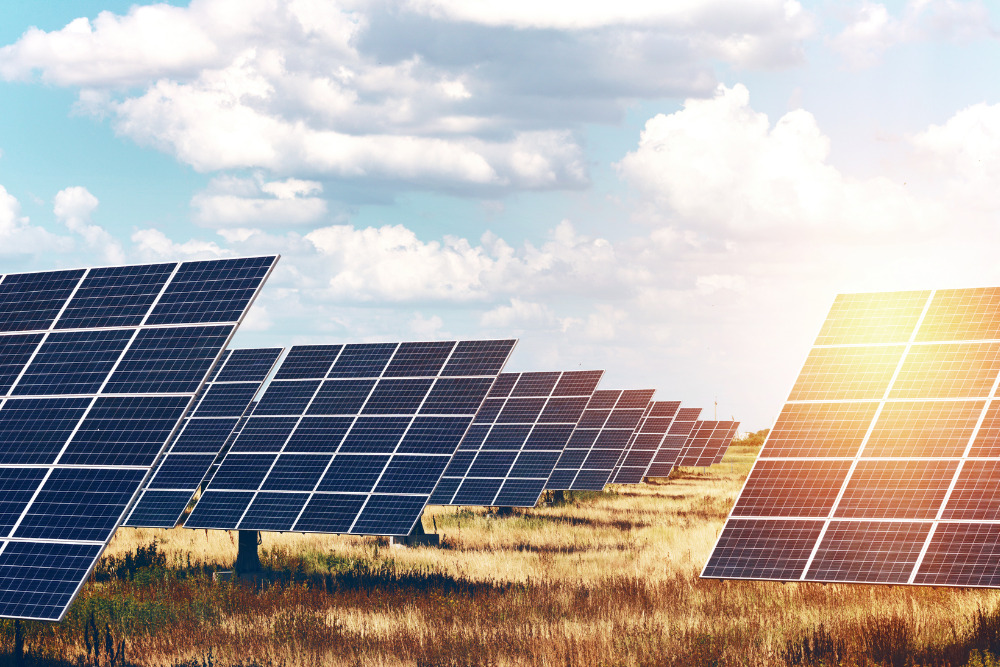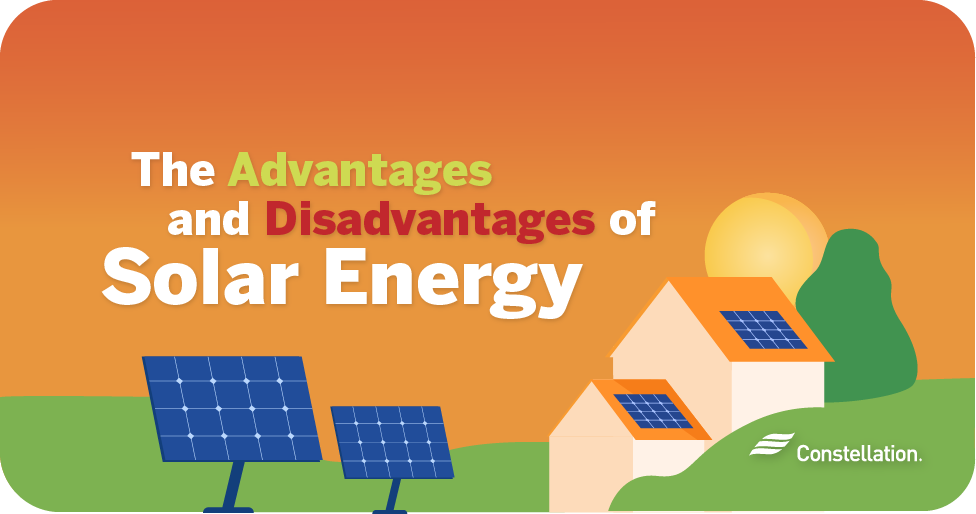Reduce Energy Bills with Simply Solar Illinois – Explore Your Solutions
Reduce Energy Bills with Simply Solar Illinois – Explore Your Solutions
Blog Article
Just How Solar Energy Can Help You Save Money and Reduce Your Carbon Footprint
The integration of solar power right into your energy profile offers an engaging opportunity for both economic savings and ecological stewardship. As various government motivations end up being available, the concern arises: exactly how can one successfully navigate the first financial investments and ongoing advantages of solar technology to optimize both economic and ecological gains?
Understanding Solar Energy Savings
While the shift to solar energy typically entails a first investment, understanding solar power savings is vital for property owners and organizations alike. Solar energy systems can dramatically lower power bills by taking advantage of the sunlight's energy, equating into considerable lasting financial advantages.
In addition, solar energy systems may receive numerous economic motivations, including tax credit reports and discounts, additionally enhancing their cost-effectiveness. The schedule of internet metering permits individuals to sell excess power back to the grid, creating an extra revenue stream. These variables add to the overall savings linked with solar power.

In addition to guide monetary savings, solar power uses the included advantage of boosting residential or commercial property value. Residences equipped with solar panels are typically much more appealing to purchasers, as they promise lower energy costs - Simply Solar Illinois. Understanding these elements is essential for anyone considering solar power, as it highlights not simply the potential financial gains, yet also the broader environmental and financial benefits of embracing renewable resource options
Preliminary Expenses vs. Long-Term Perks
When assessing solar power, it is necessary to weigh the first costs versus the lasting benefits. The upfront investment for photovoltaic panels, installment, and associated equipment can be substantial, typically ranging from $15,000 to $30,000, relying on the system dimension and home energy demands. This preliminary expenditure might prevent some property owners; nonetheless, it is critical to take into consideration the prospective savings in time.
Once installed, solar energy systems can considerably reduce and even remove monthly power expenses, leading to significant long-term economic benefits. Researches indicate that home owners can conserve anywhere from $10,000 to $30,000 over the life expectancy of their solar system, normally 25 years. In addition, lots of states use rewards, tax credit histories, and rebates that can offset first expenses, making solar much more obtainable.

Decreasing Your Carbon Footprint
Minimizing your carbon footprint is an essential consideration in today's eco conscious society, and taking on solar power is among one of the most efficient approaches to accomplish this goal. Solar power is a tidy, renewable source that significantly reduces reliance on nonrenewable fuel sources, which are significant contributors to greenhouse gas discharges.

Additionally, the prevalent adoption go to this site of solar innovation urges the development of environment-friendly tasks and supports advancements in energy storage and effectiveness. The more people and organizations spend in solar power, the higher the cumulative reduction in carbon exhausts, promoting a cleaner ambience for future generations.
Government Motivations and Refunds
Adopting solar energy not just benefits the atmosphere yet can also result in significant monetary cost Simply Solar Illinois savings, especially with the accessibility of federal government incentives and rebates. Numerous federal, state, and regional programs are made to encourage house owners and companies to buy solar power systems, making the shift extra inexpensive.
One of one of the most prominent motivations is the Federal Investment Tax Credit History (ITC), which permits planetary system proprietors to subtract a significant percentage of the setup costs from their government tax obligations. This incentive has been crucial in decreasing the ahead of time expenditures associated with solar energy systems. In addition, several states offer their own tax credit scores, grants, and refunds that can even more enhance cost savings.
Additionally, some regional governments offer building tax obligation exceptions for solar installations, ensuring that homeowners do not face increased property tax obligations as an outcome of their sustainable energy investments. Energy firms might likewise supply motivations, consisting of web metering and feed-in tolls, which permit solar power individuals to market excess power back to the grid.
Picking the Right Planetary System
Choosing the suitable planetary system is critical for making the most of power effectiveness and monetary advantages. The choice rests on numerous aspects, including energy demands, budget plan, and available room. Home owners must start by analyzing their electrical energy consumption to establish the system size needed for ideal efficiency.
Following, take into consideration the different sorts of solar innovations readily available. Simply visit this web-site Solar Illinois. Solar (PV) panels are one of the most usual, transforming sunshine directly right into electrical power, while solar thermal systems concentrate on heating water. Each type has unique advantages depending upon individual demands
Spending plan considerations are additionally critical. First installation expenses can differ substantially, so it is very important to contrast quotes from multiple carriers and explore financing alternatives. Government incentives and rebates can even more decrease the financial concern, making planetary systems more easily accessible.
Conclusion
The environmental advantages of solar energy add to lasting techniques critical for combating climate modification. Government incentives boost the usefulness of solar modern technology adoption, motivating a shift towards a cleaner, extra financially effective energy resource.
Report this page